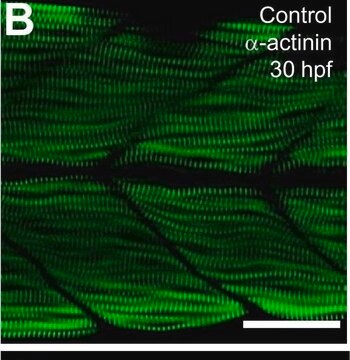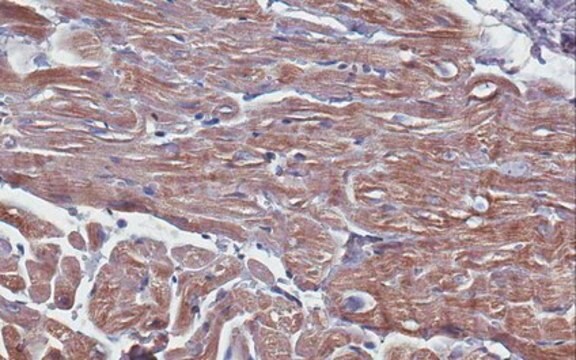MAB4383
Anti-Nuclei Antibody, clone 3E1.3
clone 3E1.3, Chemicon®, from mouse
Synonym(s):
Anti-Nuclei, Clone 3E1.3 Anti-Nuclei, Nuclei Detection Antibody
About This Item
ICC
IHC
immunocytochemistry: suitable
immunohistochemistry: suitable
Recommended Products
biological source
mouse
Quality Level
antibody form
purified antibody
antibody product type
primary antibodies
clone
3E1.3, monoclonal
species reactivity
human
should not react with
mouse
manufacturer/tradename
Chemicon®
technique(s)
flow cytometry: suitable
immunocytochemistry: suitable
immunohistochemistry: suitable
input
sample type neural stem cell(s)
isotype
IgG1
shipped in
wet ice
target post-translational modification
unmodified
General description
Immunogen
Application
Stem Cell Research
Neural Stem Cells
Physical form
Storage and Stability
Other Notes
Legal Information
Disclaimer
Not finding the right product?
Try our Product Selector Tool.
recommended
Storage Class Code
12 - Non Combustible Liquids
WGK
WGK 2
Flash Point(F)
Not applicable
Flash Point(C)
Not applicable
Certificates of Analysis (COA)
Search for Certificates of Analysis (COA) by entering the products Lot/Batch Number. Lot and Batch Numbers can be found on a product’s label following the words ‘Lot’ or ‘Batch’.
Already Own This Product?
Find documentation for the products that you have recently purchased in the Document Library.
Our team of scientists has experience in all areas of research including Life Science, Material Science, Chemical Synthesis, Chromatography, Analytical and many others.
Contact Technical Service





